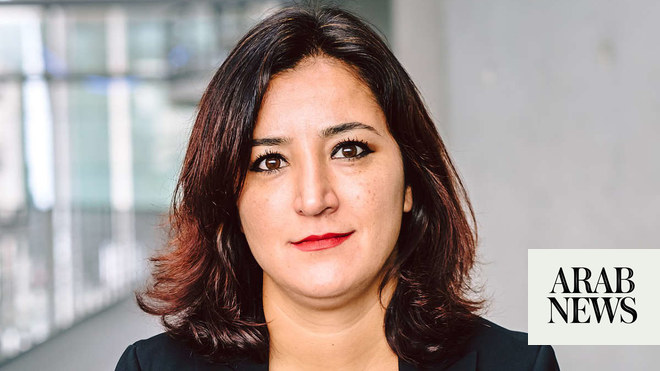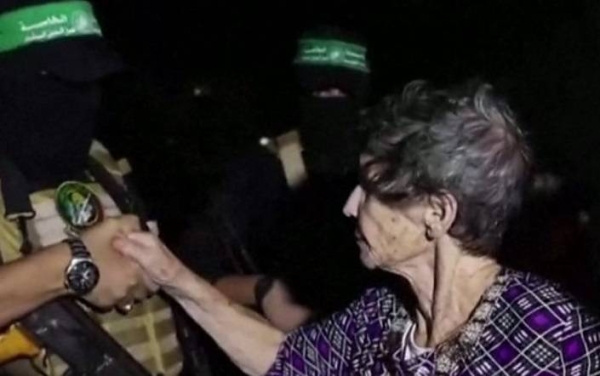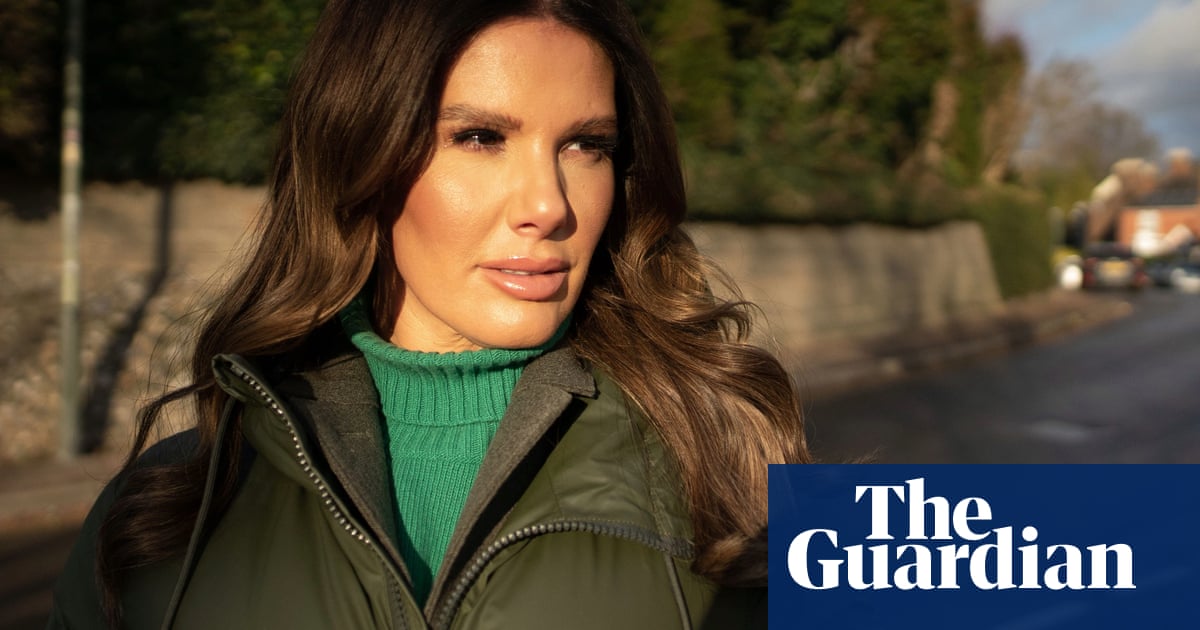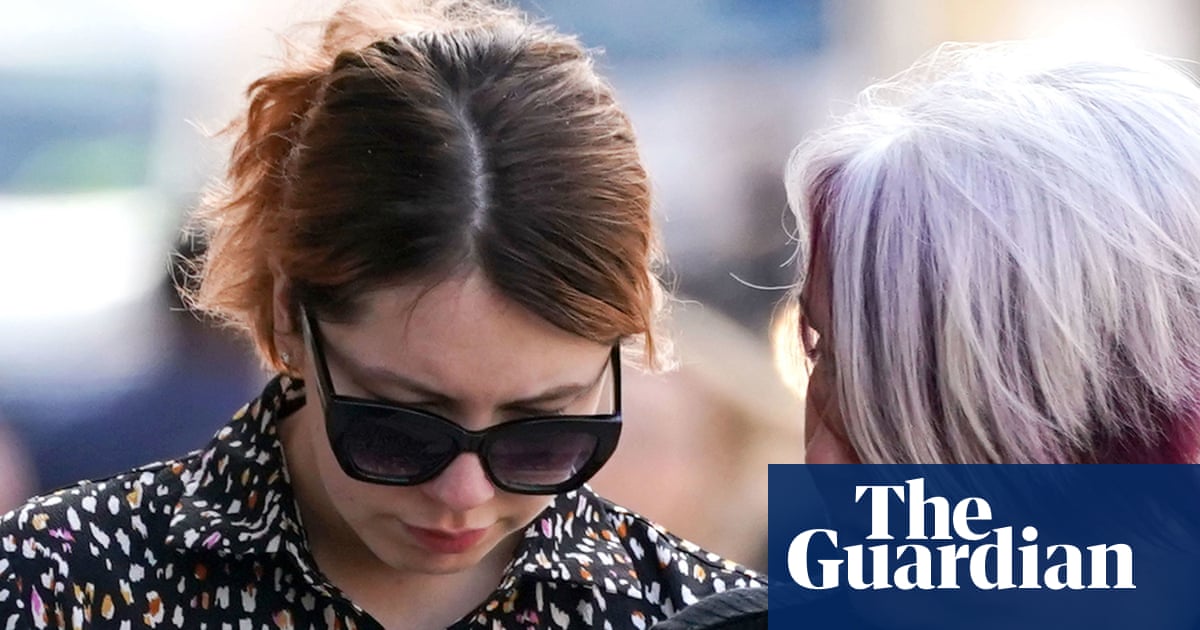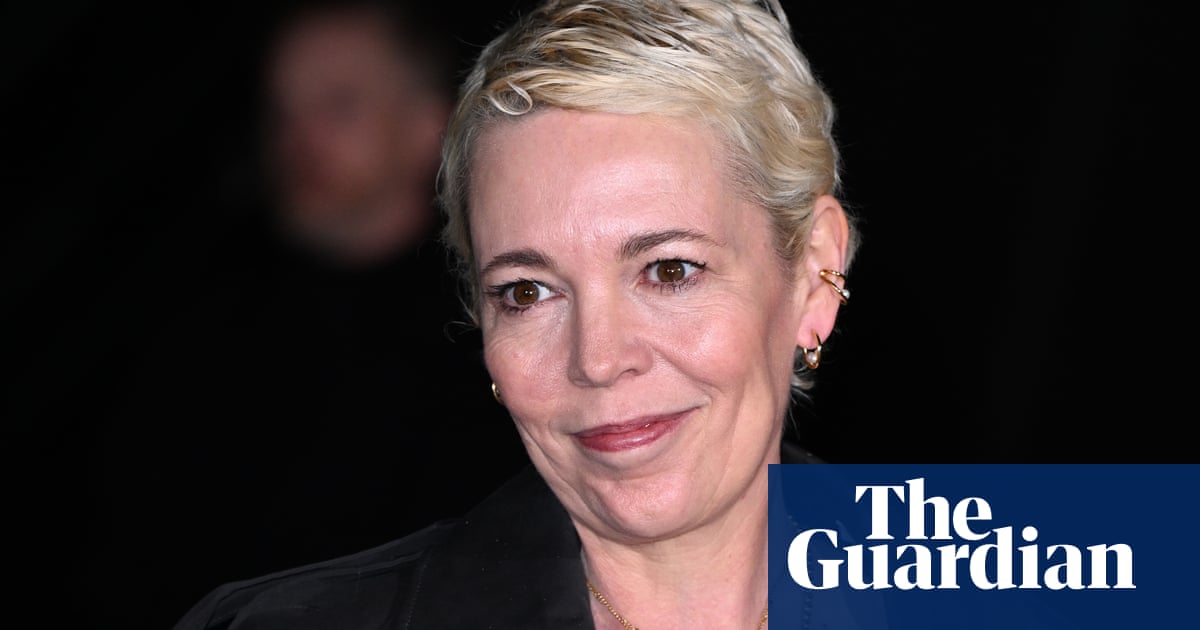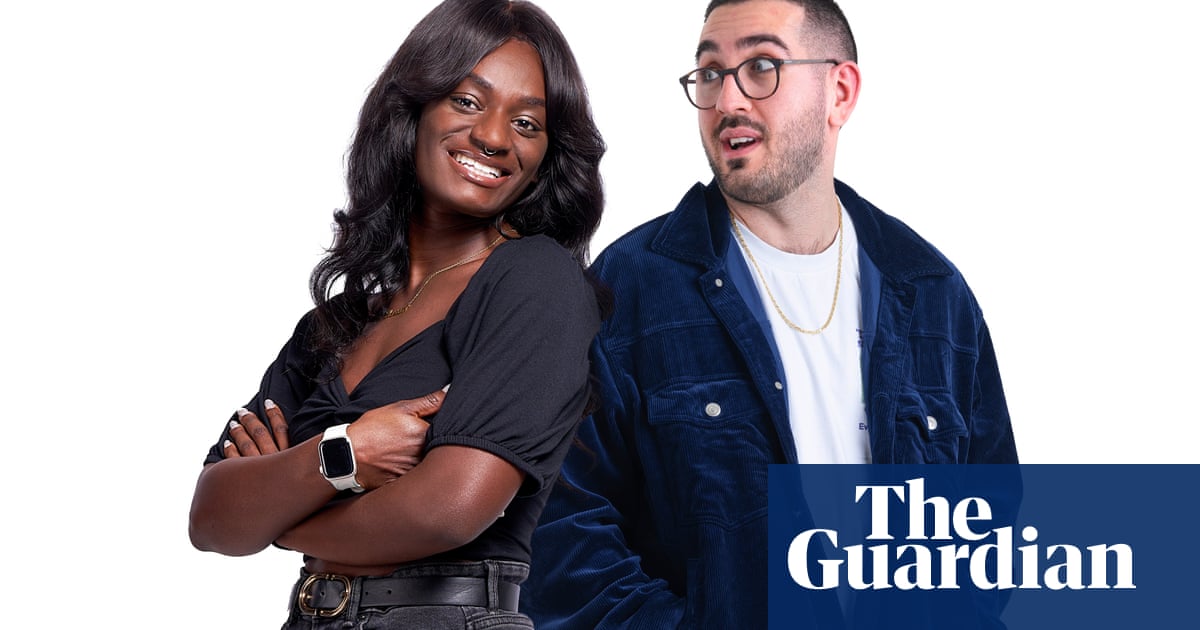
Hope Solo says she encountered hostility when she first entered the United States national team set-up.
“When you grow up on the national team, there was a mean girls club,” she told the BBC’s The Players podcast. “It was a mean girls club. Most players have come from rich, white families. That is the culture of the United States women’s national team. It is a very privileged, white culture. I remember Carli [Lloyd] and I always talking about the culture: ‘We have to change this culture’. Carli and I were very welcoming, we weren’t bullies. We were very nice to the young kids coming in, but I think it’s because we were bullied.
“We always wanted to change that culture, but ultimately I’m not sure we succeeded.”
Solo said she felt shunned when she first joined the national team. “People were not nice to us, people were not welcoming, they didn’t invite you to sit at the dinner table. It was really difficult growing up on the national team for me in a social aspect, as well as learning the game,” she said.
Solo, widely considered one of the greatest goalkeepers of all time, won the last of her 202 caps for the US in 2016. She said that the tough environment on the USWNT was not entirely detrimental.
“It is a much more open and welcome environment [now] … it is an easier transition but I also don’t think it helps build character in a lot of these younger athletes. They do have the road paved for them a lot of the time. I have a lot of older coaches, close friends of mine in division one soccer, a lot of them don’t know how to coach the younger generations anymore.
“You cannot push them the same way you used to be able to push a really competitive athlete, somebody like Carli … you have to cater to them. It’s a completely different environment and I don’t think it’s always a good thing. I think it creates some softer athletes.”
Lloyd, who appeared alongside Solo on the podcast, admitted she had been reduced to tears by other players when she first joined the team. But, like Solo, she said the environment helped toughen her up.
“I tell these young players, ‘you guys have it a bit easier’”, she said. “It is much more of a welcoming environment for them to come into now. Before, you were fighting and clawing your way up. But that’s what made the team great for so many years. It was not easy.”
Lloyd has made nearly 300 appearances for the national team and scored a hat-trick in the 2015 World Cup final to help the US secure the title but lost her starting job in the run-up to the 2019 tournament.
“I believe that I didn’t have a shot at ever earning a starting spot from 2017 all the way to 2019,” said Lloyd. “I publicly stated that I should have been out there. I should have been playing more. But I also still stuck by my teammates and respected the coach’s decision. As an athlete, I know I could have made a difference, I know I could have helped. You want people to have that mindset. I should hang up the boots if I’m OK with playing 10 minutes.”
The USWNT recently secured equal conditions, over aspects such as travel and accommodation, with their male counterparts but are still fighting for equal pay. Solo said more work needs to be put in to upset the status quo.
“I do believe work has to be put in, and when I say work I’m talking about legal documents, I’m talking about meeting with politicians, congress, and the United States senate,” she said. I’m tired of talking about it. Things have to change. Things have to turn that corner. When you look at history, people in power don’t want to give up power, [people] have to take it.
“Look at the black vote, look at women’s rights to vote, they had to fight for it. It was never just given. I think that’s where we stand today with equal pay. The people in power don’t want to just give women equal pay. We have to take it. We have to fight for it.”
The goalkeeper suggested her former teammates need to be doing more to address the issue.
“I don’t think we’re doing enough. I think the US women’s national team isn’t doing enough. We had the ability to get equal pay four years ago and the current players passed on that because they agreed to the new contracts,” said Solo. “Sacrifices have to be made. I do believe eventually we are going to see it, but we’re not there yet. We have to stand up together and be strong together and make sacrifices – and that hasn’t been done yet.”
USWNT players are seeking millions of dollars they say are owed to them after alleging years of “institutionalized gender discrimination” by US Soccer.







